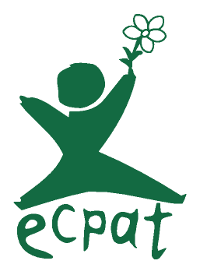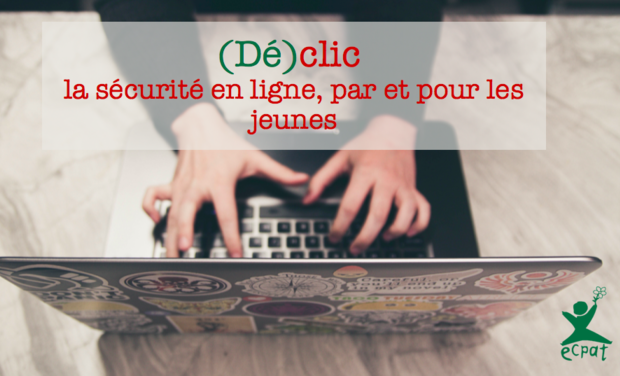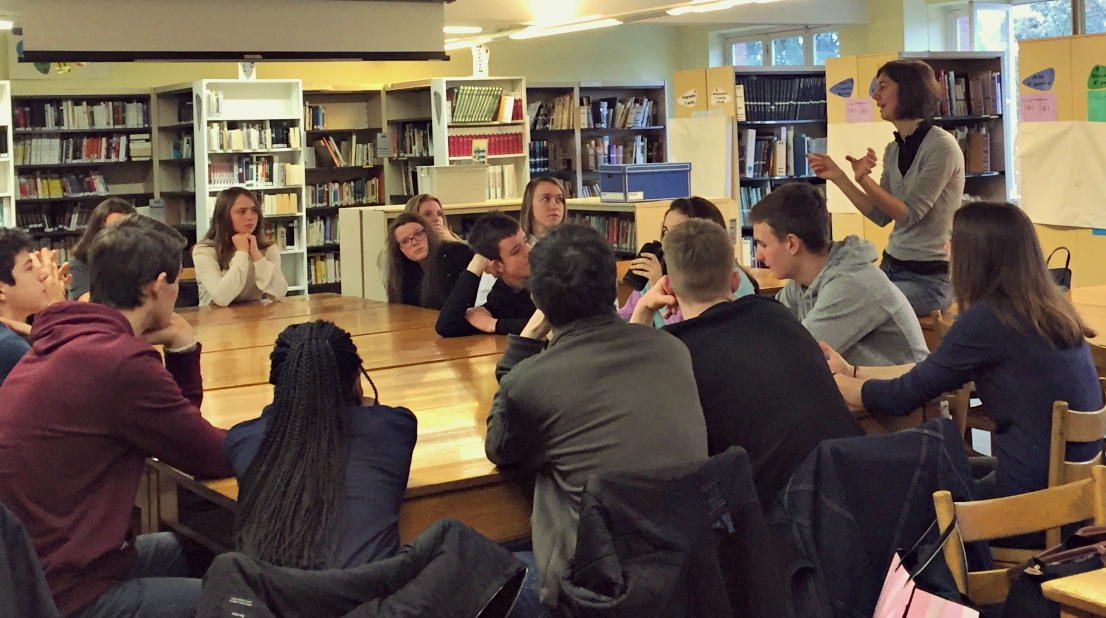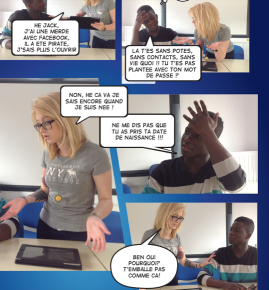“Since I learned to identify risks, I feel more comfortable in helping other young people to use the Internet in a safer way,” Léo, 16, took part in the (Dé)clic project
“I learned that there are strong risks associated with sexting. As this is a widespread practice among young people and in particular unaccompanied foreign minors it was very useful for me to understand these risks and learn how to avoid them”, Laura, a teacher working in a center for unaccompanied foreign minors who became a coach in the (Dé)clic project.
According to a study conducted by EU Kids Online, 33% of children surveyed in Europe (11-16 years old) came into contact with strangers online, 14.5% received sexual images/videos, 9.5% encountered online contact in real life and 6.5% were harassed online.
While being an extraordinary platform for learning, creativity and communication, the Internet can also expose minors to risks related to sexual exploitation and different types of abuse, such as cyber-bullying (online harassment), sexting/sextortion (exchange of sexual material, which can lead to blackmail and threats) or grooming (seeking to gain a child’s trust in order to sexually abuse them).
Born from the observation that a youngster in difficulty more often asks another youngster for help, (De)clic wants to give children and teenagers sufficient tools so that everyone knows how to protect themselves from risks and can advise others.
(De)clic has already been implemented with several partners such as schools and centers for unaccompanied foreign minors for example. ECPAT Belgium uses an interactive methodology to train young people by combining fun and participatory activities to ensure maximum involvement. The trained young people can, in turn, create tools to carry the message to other young people.
In each of the places ECPAT visits, teenagers are trained to become “online safety advisors”. They are then helped by a coach (teacher, social worker) in their mission of expanding the knowledge acquired through the training.
Once they leave their institution/organization, the coach will recruit and train new youngsters to ensure the sustainability of the project. This project has so far trained approximately 1200 young people alone in French-speaking Belgium.



